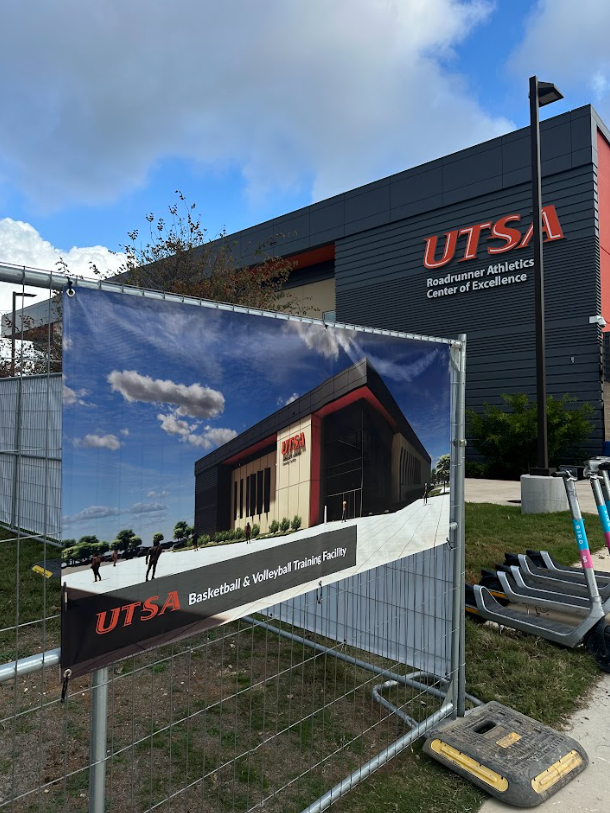San Antonio suffers from a dismally low voter turnout rate. During the 2015 general elections, only 12 percent of eligible voters cast a ballot, a total of 13 percentage points lower than the 26 percent national voting average at the municipal level. Grim statistics.
But faced with the data surrounding poor engagement, District 8 San Antonio city councilmember Ron Nirenberg has declared his support for a simple, yet intuitive solution to the problem: a scheduling change to hold elections in November rather than May, and in even-numbered years, rather than odd-numbered ones to coincide with national races.
The rationale behind the idea is that national elections galvanize larger scores of voters and that moved municipal elections could piggyback off the bigger turnout crowds.
Fairvote.org — a non-profit organization seeking to make representative democracy fair, functional and representative — calculated that on average, about 60 percent of the eligible voting population in the U.S. vote in presidential elections.
Compare that turnout to participation data in San Antonio municipal elections (again, it was 12 percent in 2015) and the percentage gap is 48 percent.
Nirenberg is frank and concise about non-voters’ impact on the democratic process.
“Civic disengagement is the most pressing challenge facing our nation, and its impact in San Antonio is felt acutely in everything we do: from adopting an annual budget to building the comprehensive plan, from addressing public safety issues to debating new modes of transportation to the future,” he said recently at the Civic Engagement Summit held at UTSA.
Senior public policy major Chris Stewart agreed that changing the date is a smart policy move to boost voter turnout.
“Anyone who looks at the facts sees that moving our municipal elections to November would increase turnout,” Stewart said.
“Councilmember Nirenberg has always focused on civic engagement, especially for students, and moving these elections will give students a larger voice in city elections,” he expounded.
Because of the cycle difference between national and local elections, Stewart also sees another issue.
“Part of the problem is that we have too many elections, and putting our municipal elections on a bigger ballot will ensure that more young people vote,” Stewart said.
There are signs that a basic date and year change can have a massive impact on overall participation numbers. A news release from Nirenberg’s office reported that there was a 29.7 percent increase in voter turnout once the city of Austin switched its municipal election dates to coincide with national elections.
The initiative spearheaded by Councilmember Nirenberg would require a change to the city charter, something that state law limits modifying to every two years.
Because voters altered the charter in May of this year, 2017 is the soonest a rescheduling proposal can be decided.
But the ball is rolling.






